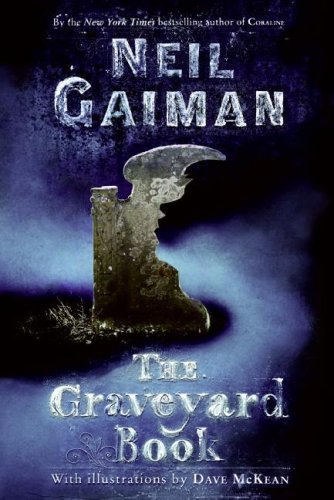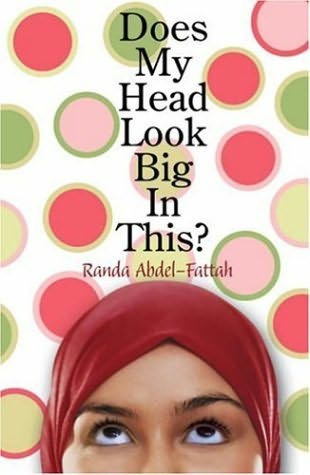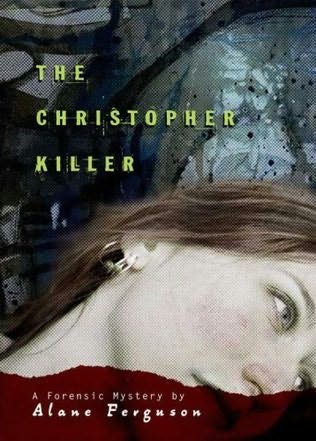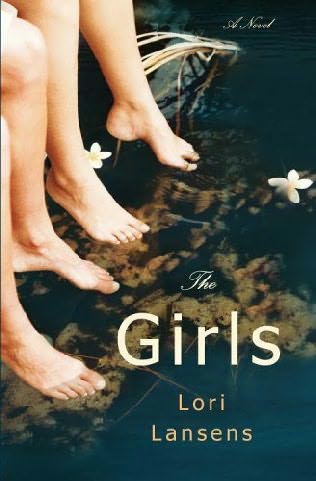 Wintergirls by Laurie Halse Anderson is the story of Lia, a high school girl who is good at being skinny. So good, in fact, that she has been hospitalized several times and has had to be in outpatient therapy to deal with her weight and the issues she has with being thin. Lia's best friend Cassie, with whom she had a falling out over the fact that she was in therapy, has just died alone in a motel room after calling Lia 33 times. The novel begins when Lia hears the news.
Wintergirls by Laurie Halse Anderson is the story of Lia, a high school girl who is good at being skinny. So good, in fact, that she has been hospitalized several times and has had to be in outpatient therapy to deal with her weight and the issues she has with being thin. Lia's best friend Cassie, with whom she had a falling out over the fact that she was in therapy, has just died alone in a motel room after calling Lia 33 times. The novel begins when Lia hears the news. It seems that I usually hear about people with anorexia and bulimia as having issues with control, and possibly as having a tumultuous family life. Lia is no different. Lia's parents were divorced after her surgeon mother discovered that her professor father was having an affair. Her father married the other woman, and together they had a daughter, a little sister who Lia adores. Lia and her mother don't get along, so after Lia's most recent hospitalization, she goes to live with her father's new family. Her stepmother weighs her every day and tries to ensure that she is eating properly, but Lia has tampered with the scale, only pretends to eat, often goes to the basement during the night and spends hours on the treadmill, and uses razor blades to cut herself.
The crux of the novel is that Lia is haunted by Cassie's ghost. She sees her in her bedroom at night and throughout the day, and she can tell that Cassie wants Lia to join her on the other side, so Cassie encourages Lia to "stay strong" in her fight to keep skinny. On the other side, however, is Lia's little sister, who desperately wants her to be healthy, and who later in the novel is witness to something pretty horrific.
I loved Wintergirls for the beauty of its writing, especially. Anderson does more than tell a story; she evokes mood through language, and uses metaphor to powerful effect. If you liked Speak, also by Anderson, then you will love Wintergirls. 4 out of 4 Bananas!




















